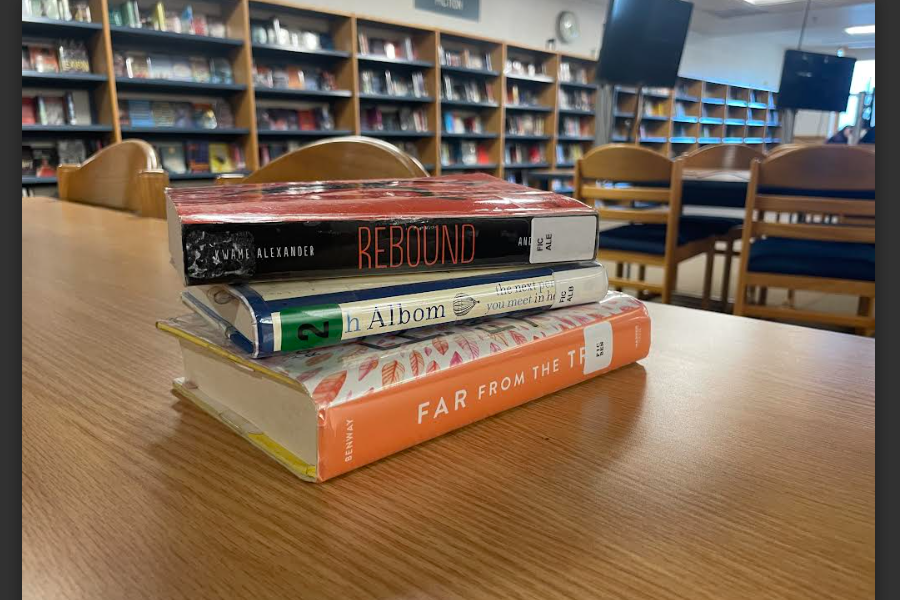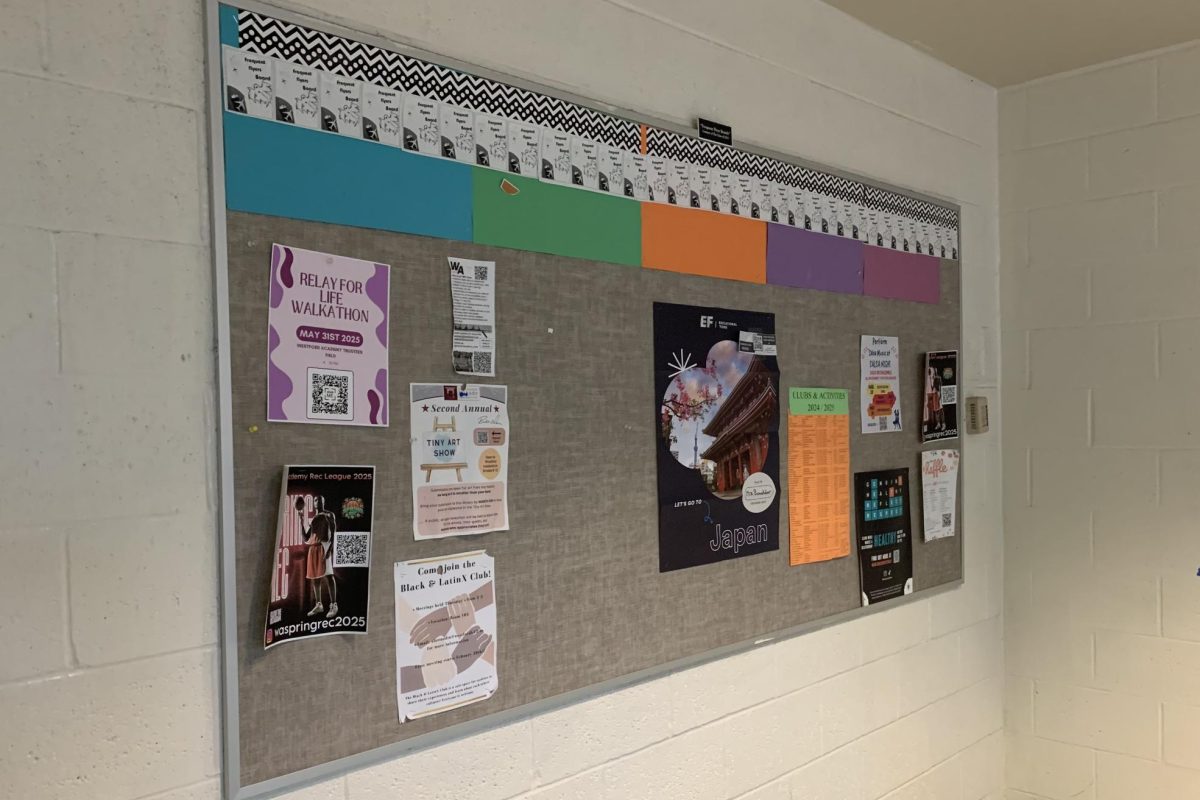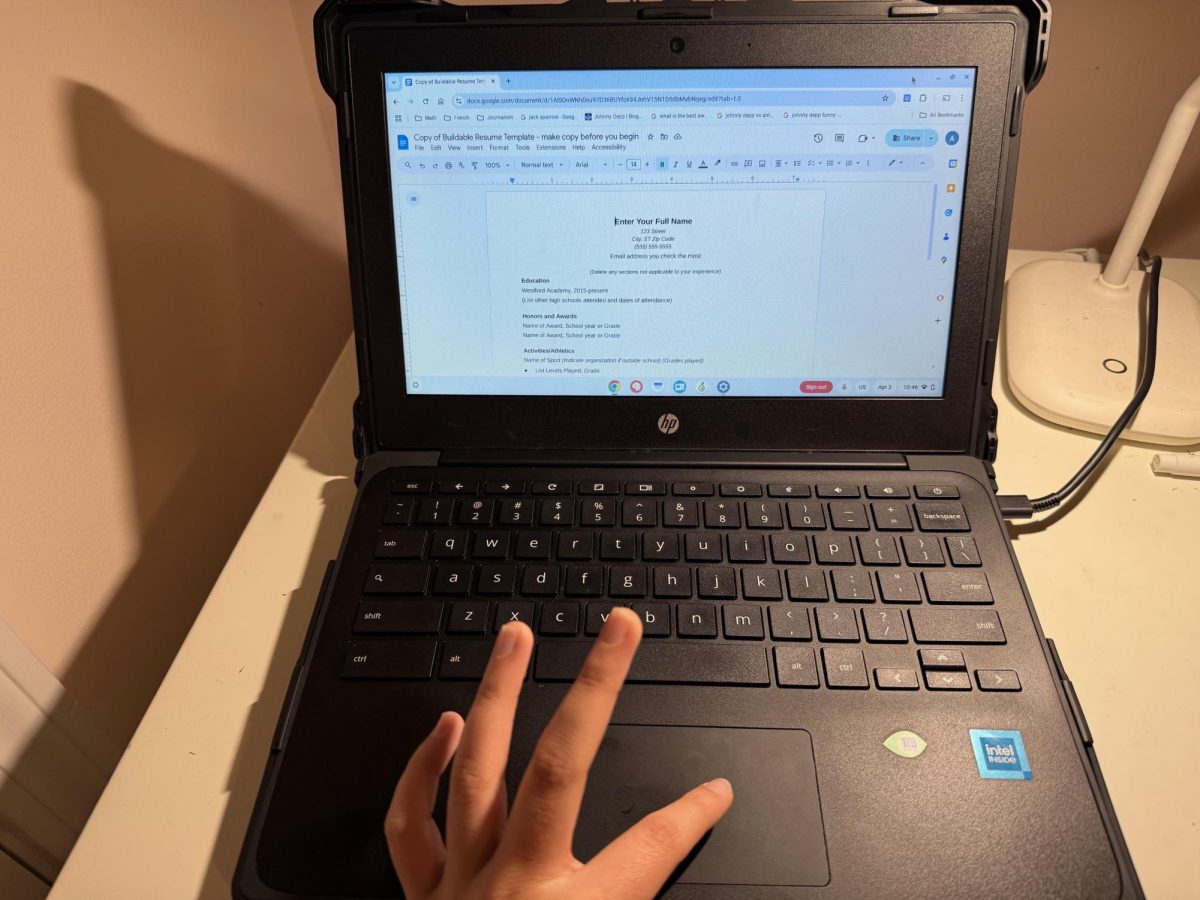Westford Public School (WPS) elementary schools are required to cut nine interventionists for the 2025-2026 school year, reducing the number of positions from 24 full time interventionists to 15. The cuts are a result of the necessary budget reductions outlined by the School Committee at their Dec. 9 School Committee meeting.
Reading and math interventionists take on the role of reviewing student test scores, talking to teachers, filling in possible gaps in a student’s education, as well as discerning whether or not a child should qualify for special education.
According to Kristen Jussaume, Westford’s Teachers Union president and fourth grade teacher at Norman E. Day Elementary School, the class sizes in WPS have been steadily increasing over the past few years. The simultaneous increase in class sizes and decrease in support for teachers and students is a cause for concern among educators.
“The larger your class size, [the greater the chance that] you’re not always able to answer as many student questions,” Jussaume said.
Decreased interventionist support poses additional difficulties for teachers including keeping a larger class with a greater number of students on the same page while following a strict schedule. This challenge leaves a scarce amount of time to help kids who may not understand the material.
“When I was in kindergarten, I struggled a lot with reading, so I started going to a reading interventionist,” sophomore Misha Singhal said. “I feel like I would be much more behind [now] without [the reading interventionist]. Because of her, I know the basic grammar and reading concepts I needed in first grade, and without her I’m not sure I would have picked those up.”
According to Jussaume, the issue is not that teachers are unequipped to assist children in need of extra help, it’s that they simply do not have the time or resources to manage an overflowing classroom while also giving individualised time and support to specific students.
“I’ve always been told that once a town or city gets rid of something, it very rarely comes back. I don’t want to believe that’s true, but I just don’t see where the money is going to come from,” Jussaume said. “It’s unfortunately going to have to take some failing to say, ‘wow, we can’t go any longer without having these interventionists.'”
Jussaume also expressed how the Teachers Union and administration are often in communication, and share many of the same concerns. However, the school system only receives a set amount of funding for the budget each year, and when the Proposition 2½ override failed to pass, there were not many options to maximise a smaller budget without making cuts to certain resources.
“Reading interventionists provide critical skills and development for students that are struggling with reading,” WA history teacher Amanda Everett said. “Without those services I worry about the impact that it’s going to have on those children’s future, and also the education of these children coming up to the high school level.”
As the Teachers Union president, Jussaume also spoke about the results of the 2024 vote for the override and the reactions of educators to its failure to pass.
“We, [the Teachers Union] were all hoping it was going to pass. And that night, when we were driving around from the voting stations and we got the numbers […] it was really awful to be honest with you,” Jussaume said.
Looking into the future, Jussaume and the Teachers Union remain optimistic about another override passing.
“Unfortunately, the town’s budget hasn’t kept up with the students needs, because education is not cheap, and so we’re just hoping, in a year or two, or in five years, we really hope an override will pass, so that [students get] the funding we know our students need and deserve,” Jussaume said.








